
Understanding ADHD and the Need for Medication
The hallmarks of ADHD(Adderall) are impulsivity, hyperactivity, and persistent patterns of inattention that frequently interfere with day-to-day functioning. It can be difficult for people with ADHD to focus and control their impulses, which hinders their capacity to thrive in social, professional, and academic contexts. Some people need the extra assistance of medicine to obtain the best possible symptom control, even though behavioral therapy, lifestyle modifications, and other non-pharmacological interventions might be helpful.
For decades, stimulants have been used to treat the symptoms of ADHD, and many patients report measurable gains in their ability to focus, control their emotions, and organize their thoughts. These drugs can help people properly manage their ADHD symptoms when prescribed and taken as directed, which can enhance productivity and general quality of life.
Attention Deficit Hyperactivity Disorder (ADHD) is a neurodevelopmental condition that affects millions of children and adults around the globe. Characterized by symptoms such as inattention, hyperactivity, and impulsiveness, ADHD can present significant challenges in personal, academic, and professional settings. For many individuals grappling with these challenges, medication often becomes an essential part of a comprehensive management plan. Among the most commonly prescribed medications for ADHD is Adderall, a substance that has sparked discussions regarding its efficacy, safety, and impact on focus and attention. In this blog post, we’ll delve into how Adderall works, its role in managing ADHD, and the considerations to keep in mind.
What is Adderall?
Amphetamine and dextroamphetamine are two stimulant medications that are combined in the pharmaceutical medicine Adderall. These chemicals raise dopamine and norepinephrine levels in the brain by stimulating the central nervous system. By improving these neurotransmitter systems, It can help people with ADHD become more focused and pay attention for longer periods of time, which helps to alleviate some of the main symptoms of the illness.
How Adderall Works
When taken orally, Adderall stimulates the release of dopamine and norepinephrine, which results in a number of benefits that can help people with ADHD
Reduced Impulsivity:
Adderall can help people pause and consider their actions before responding, which can promote better decision-making.
Improved Focus:
Users who take Adderall frequently report a significant increase in their ability to concentrate on tasks, enabling them to be more productive at school or work
Improved Task Management:
People who take Adderall find it easier to organize their thoughts and activities, which can lead to more effective planning and execution of tasks
Reduced Hyperactivity:
The medication’s calming effects help people with ADHD feel more at ease and better control excessive movements and restlessness.
Key Benefits of Using Stimulant Medication for ADHD
For those with ADHD, stimulant medications can offer several key benefits, including:
-
Improved Focus and Concentration
Focus improvement is one of the most obvious and immediate effects. By boosting the neurotransmitters in the brain, people can have longer attention spans and be more engaged in things that were previously difficult.
-
Enhanced Impulse Control
For those with ADHD, impulsivity can result in social and professional difficulties. This prescription medication can assist people in pausing and considering their actions before taking them, which has a good impact on social interactions and decision-making.
-
Increased Motivation and Task Completion
People with ADHD frequently experience exhaustion and a lack of drive, which makes it difficult for them to begin and finish tasks. By reducing these symptoms, stimulant drugs might provide users more energy and motivation to achieve their objectives.
-
Better Academic and Professional Performance
ADHD symptoms can affect how well a person performs at a job and in school. Stimulant drugs can help users stay focused, fulfill deadlines, and produce superior outcomes by decreasing distractions and increasing concentration.
-
Enhanced Social Interactions and Relationships
Because of their impulsive actions and inattention, ADHD symptoms can affect relationships with others. Better symptom management may make it simpler for people to interact with others and keep satisfying relationships.
Understanding the Potential Side Effects
Although there are many advantages to utilizing stimulant drugs to treat ADHD, it’s crucial to be mindful of any possible negative effects and the significance of taking the drug under a doctor’s supervision. Typical adverse effects could include:
Insomnia:
Taking stimulants too late in the day can disrupt sleep because they can be stimulating. It might be beneficial to modify the dosing schedule or consult a healthcare professional to choose a lower dosage.
Appetite Suppression:
Particularly in youngsters, stimulants can decrease appetite, which may result in weight loss. This effect can be lessened by eating a balanced diet and scheduling meals around when you take your medications.
Mood Changes:
Some people could become irritable, have mood changes, or even feel more anxious. It’s critical to speak with a healthcare professional if these symptoms appear in order to modify the dosage or look into alternate treatment alternatives.
Increased Heart Rate or Blood Pressure:
People who already have heart problems should use stimulants carefully since they can raise blood pressure and heart rate. It is recommended that a healthcare provider monitor you on a regular basis.
Dependency Concerns:
Although there is little chance of reliance when taken as directed, abuse is possible, especially if larger dosages are taken or without a doctor’s supervision. This risk is reduced by working with a healthcare physician to follow a defined plan.
Non-Medication Strategies to Support ADHD Management
While stimulant medications can play a crucial role in managing ADHD, combining them with other strategies can offer a more holistic approach. Here are some additional techniques to consider:
Behavioral Therapy
Therapy, especially Cognitive Behavioral Therapy (CBT), can assist people in learning how to control their impulses, manage stress, and create coping strategies.
Lifestyle Adjustments
Healthy food, regular exercise, and a regimented schedule can all help reduce the symptoms of ADHD. Focus and energy are supported by dopamine and norepinephrine, which are regulated by exercise in particular.
Mindfulness and Meditation
Methods like meditation and mindfulness can help you become more self-aware and less impulsive. Including quick mindfulness exercises in everyday routines helps a lot of people with ADHD.
Organizational Tools
People can efficiently prioritize their tasks and maintain organization by using tools like digital reminders, task applications, and planners.
Regular Sleep Patterns
Maintaining proper sleep hygiene is crucial for ADHD(Adderall) management. Maintaining regular sleep habits can help counteract some of the effects of stimulant drugs, which can occasionally interfere with sleep.
Conclusion
Adderall has proven to be an effective tool for many in unlocking their ability to focus and manage the challenges posed by ADHD. However, it is essential to approach treatment holistically. With careful management, support, and a commitment to understanding the condition, individuals with ADHD can improve their focus and achieve their personal and professional goals. If you or someone you know is struggling with ADHD, consult a healthcare provider to discuss the best options for management. Remember, everyone’s journey is unique; with the right support and strategies, the path to focus and fulfillment is within reach.
Effective management of ADHD can significantly improve quality of life, especially for people who have long battled impulsivity and attention. For many people with ADHD, stimulant drugs are an effective tool because they help balance the neurotransmitters in the brain and provide a degree of focus and self-control that may have seemed unachievable.
A well-rounded strategy that incorporates medication and other ADHD-friendly techniques can help people become more productive, fulfilled, and have better relationships. The best results for managing ADHD can be obtained by utilizing the appropriate resources, keeping up a healthy lifestyle, and collaborating with a healthcare professional.
Written by oliver smith
Latest Coupon
USE COUPON CODE
Offer10
Products Categories
-
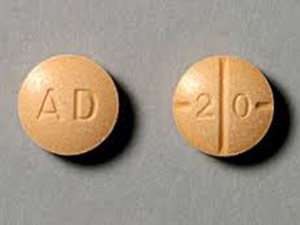 Buy Adderall Online
Buy Adderall Online -
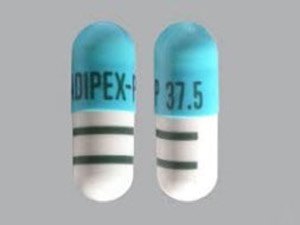 Buy Adipex Online
Buy Adipex Online -
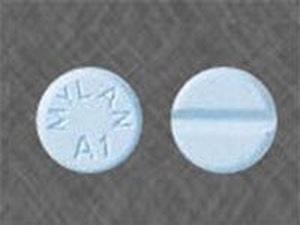 Buy Alprazolam Online
Buy Alprazolam Online -
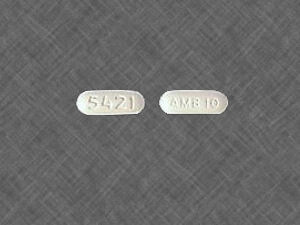 Buy Ambien Online
Buy Ambien Online -
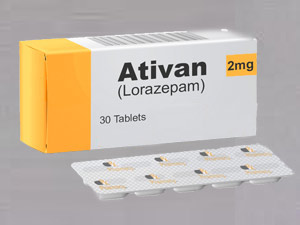 Buy Ativan Online
Buy Ativan Online -
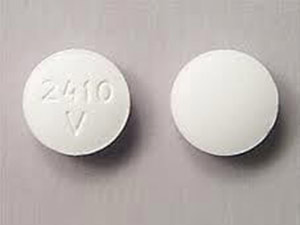 Buy Carisoprodol Online
Buy Carisoprodol Online -
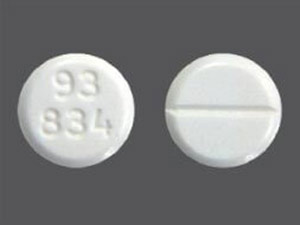 Buy Clonazepam Online
Buy Clonazepam Online -
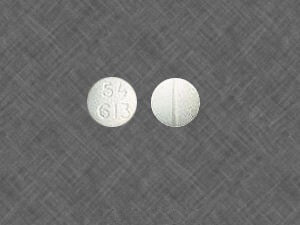 Buy Codeine Online
Buy Codeine Online -
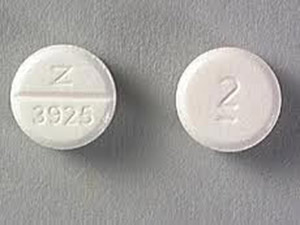 Buy Diazepam Online
Buy Diazepam Online -
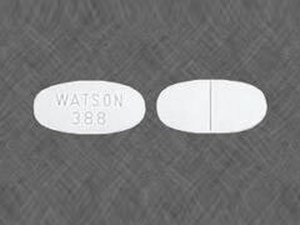 Buy Hydrocodone Online
Buy Hydrocodone Online -
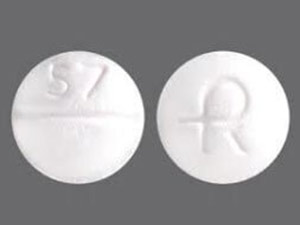 Buy Lorazepam Online
Buy Lorazepam Online -
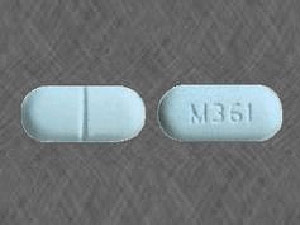 Buy Lorcet Online
Buy Lorcet Online -
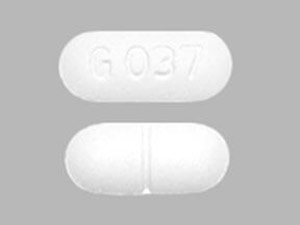 Buy Lortab Online
Buy Lortab Online -
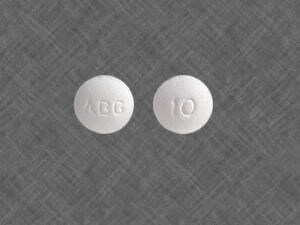 Buy Oxycodone Online
Buy Oxycodone Online -
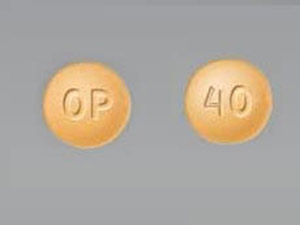 Buy Oxycontin Online
Buy Oxycontin Online -
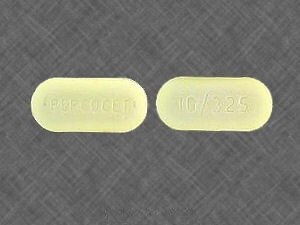 Buy Percocet Online
Buy Percocet Online -
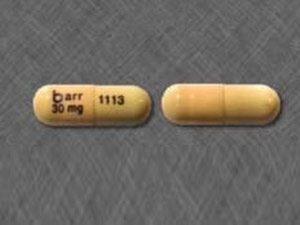 Buy Phentermine Online
Buy Phentermine Online -
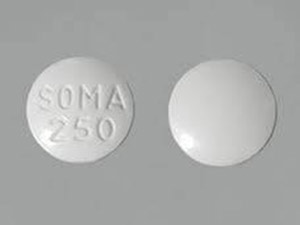 Buy Soma Online
Buy Soma Online -
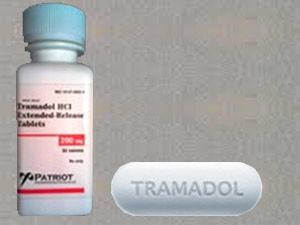 Buy Tramadol Online
Buy Tramadol Online -
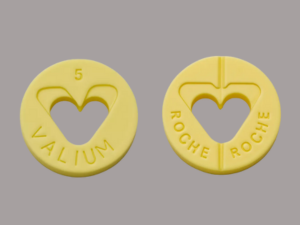 Buy Valium Online
Buy Valium Online -
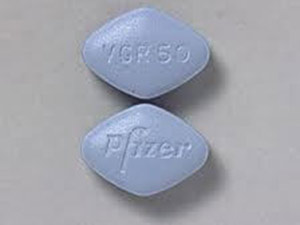 Buy Viagra Online
Buy Viagra Online -
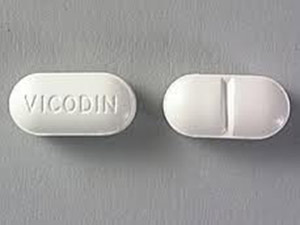 Buy Vicodin Online
Buy Vicodin Online -
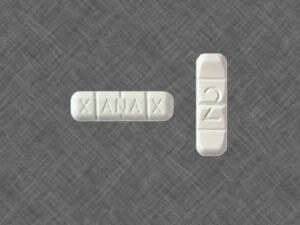 Buy Xanax Online
Buy Xanax Online

Leave a Reply